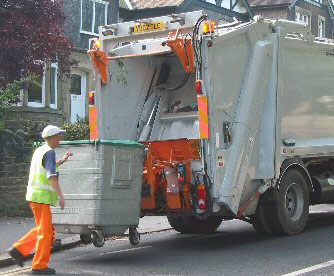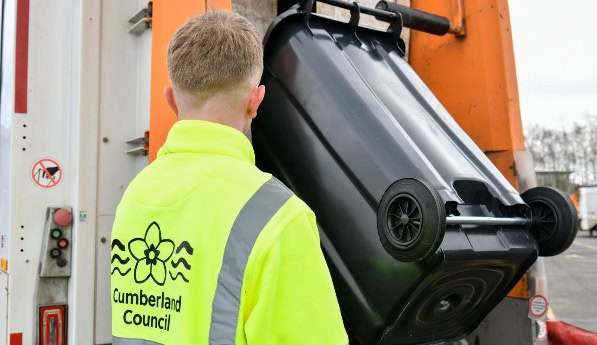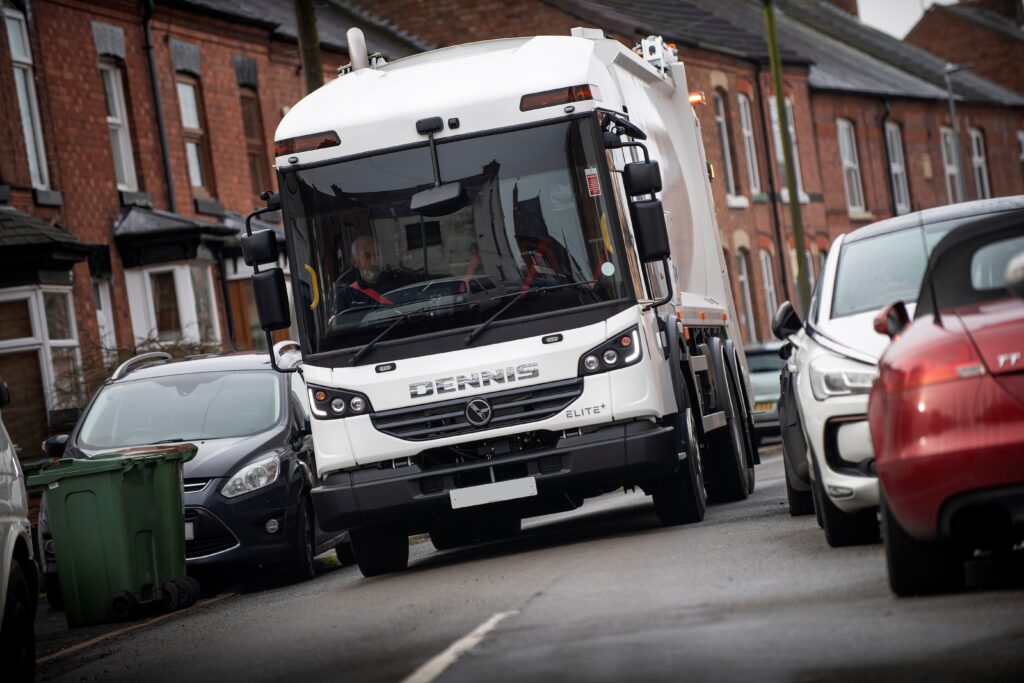Trade waste collections carried out by local authorities are no longer subject to VAT, in a move which could have implications for competition between the public and private sector.
The situation was brought to the fore at letsrecycle.coms Redefining Commercial Waste conference in London yesterday (March 9), when Jill Rowe business development manager at Birmingham city council revealed to some surprise that the local authoritys trade waste service was VAT exempt.

And, it transpires that HM Revenue and Customs (HMRC) wrote to councils on February 9 2011 stating that local authority commercial waste collection services are now outside the scope of VAT. The announcement received little fanfare from government.
The letter, seen by letsrecycle.com, follows a policy review by HMRC which found that trade waste services were deemed to fall within the first paragraph of Article 13.1 of the Principal VAT Directive.
The paragraph reads: States, regional and local government authorities and other bodies governed by public law shall not be registered as taxable persons in respect of the activities or transactions in which they engage as public authorities, even when they collect dues, fees or contributions or payments in connection with those activities or transactions.
This has therefore been applied to Section 45(1) of the Environmental Protection Act 1990, which places a duty on waste collection authorities to collect waste from commercial premises if requested by the by the occupier of the premises.
In the letter, HMRC said that Section 45(1) had led to the creation of a special legal regime for VAT purposes and the move to make the service non-business would help remove previously unclear questions on VAT obligation.
Benefit
This means that councils will benefit from effectively being able to offer a discount on collections compared to commercial waste companies. This discount would be 20% following the rise in VAT from 17.5% on January 4 2011.
However, it could also mean that businesses which have paid VAT on council-run trade waste collections within the last four years might seek a rebate. And, councils could potentially reclaim VAT from HMRC.
This has echoes of the landmark ruling in February 2010 that saw 300 million of Landfill Tax returned to waste management companies after the HMRC decided to repay activities it deemed exempt from tax which took place before September 1 2009 (see letsrecycle.com story).
Local authority VAT specialist consultancy LAVAT has said that, should councils claim rebates, HMRC would, more than likely, invoke the unjust enrichment provisions of Section 80 (3) of the VAT Act 1994, which requires in-depth information on costs and how the VAT has been administered.
HMRC, according to the letter, intends to offer greater detail on the implications of the announcement in the coming months.
We are currently preparing a Revenue & Customs Brief to explain the position in greater detail. We will circulate a draft of the Brief for comment as soon as is possible, but it will also need to be cleared by the JVCC [Joint VAT Consultative Committee], it states.
Competition
The letter does acknowledge a theoretical possibility that the exemption for local authority schemes could result in significant distortions of competition between the public and private sector.
However, HMRC states that this would not be the case, having considered Defra data on commercial and industrial waste arisings and precedents in the Court of Justice of the European Union.
There is no evidence that such significant distortions would arise, HMRC stated in the letter. This is, of course, a current analysis which may change at some future date if, for example, the level of local authorities participation in the market were to change, or if were to receive representations from the private sector that such distortions were occurring.
The reaction among public sector delegates at the conference would indicate that this is not a widely known fact among local authorities.
And, during the discussions, Ms Rowe was questioned extensively on the specifics of the VAT exemptions most keenly on whether the VAT exemption make local authority collections more attractive financially.
Outlining that the exemption had acted as a boost to council-run services in Birmingham, Ms Rowe downplayed the suggestion that it would give council-run collections a competitive edge over the commercial sector.
She said: We dont think that it will be much advantage but since we have been promoting that it is amazing how many people think that is an advantage. We have been asked whether we would be putting our prices up and we have decided not to.
Response
In response, Matthew Farrow, director of policy at the Environmental Services Association (ESA) which represents private sector waste and recycling companies said the organisation was mindful over how this move could impact the marketplace.
He said: We have a strong concern in that regard of competition between private contractors and local authorities. The starting point for the private contractor is that it needs to be a level playing field and it is something very much on the ESA agenda.
Peter Selkirk, chief executive of container manufacturer Egbert H Taylor, welcomed the revelation and said it will be positive for collections from micro-SMEs and charities.
He said: These are a number of areas that commercial and industrial firms dont focus on at the moment but people want them covered and if local authorities have got a subsidy of sorts to work with them I dont think that is a bad thing.









Subscribe for free